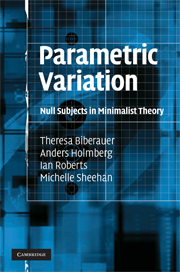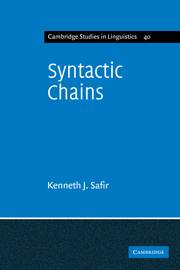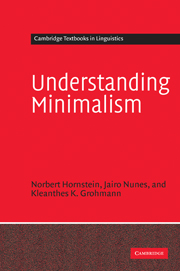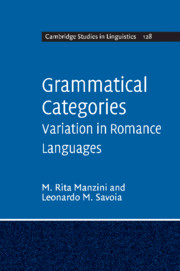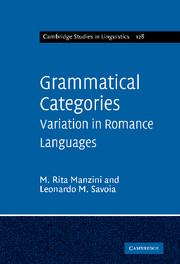Parametric Variation
Parametric variation in linguistic theory refers to the systematic grammatical variation permitted by the human language faculty. Although still widely assumed, the parametric theory of variation has in recent years been subject to re-evaluation and critique. The Null Subject Parameter, which determines among other things whether or not a language allows the suppression of subject pronouns, is one of the best-known and most widely discussed examples of a parameter. Nevertheless its status in current syntactic theory is highly controversial. This book is a defence of the parametric approach to linguistic variation, set within the framework of the Minimalist Program. It discusses syntactic variation in the light of recent developments in linguistic theory, focusing on issues such as the formal nature of minimalist parameters, the typology of null-subject language systems and the way in which parametric choices can be seen to underlie the synchronic and diachronic patterns observed in natural languages.
- Analyses many languages and language families, offering a truly cross-linguistic as well as coherent survey of the phenomenon
- The 'null subject' parameter is one of the best-known and most widely discussed examples of a parameter
- Includes case studies in French and its varieties, Icelandic and Welsh
Product details
January 2010Hardback
9780521886956
376 pages
235 × 158 × 24 mm
0.73kg
Available
Table of Contents
- Introduction: parameters in minimalist theory
- 1. A deletion analysis of null subjects
- 2. Null subject parameters
- 3. Control into finite clauses in partial null-subject languages
- 4. Semi null-subject languages, expletives and expletive pro reconsidered
- 5. The null generic pronoun in Finnish: a case of incorporation in T
- 6. 'Free' inversion in romance and the null subject parameter
- 7. Subjects, tense and verb-movement
- 8. Varieties of French and the null subject parameter.

